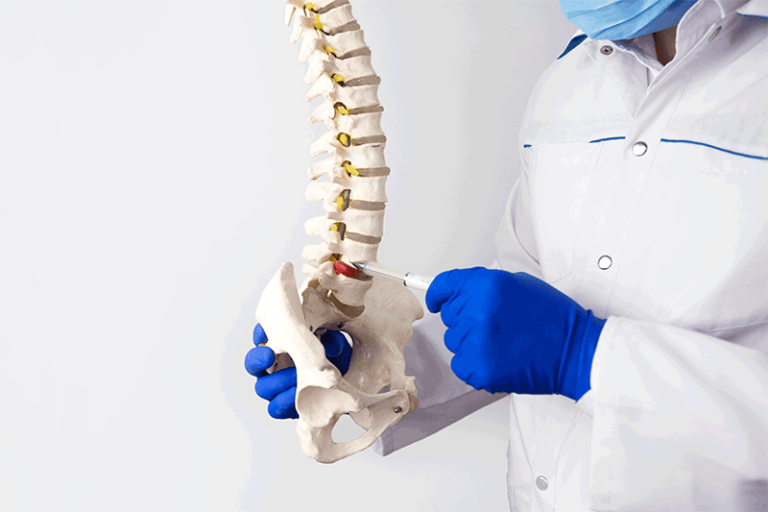Implant Treatments
Implant treatment can be defined as dental implants are artificial tooth roots used to support the restoration of a missing tooth or teeth, helping to stop or prevent jawbone loss. The implantation procedure is categorized as a form of prosthetic dentistry, but is also considered a form of cosmetic dentistry.
Dental implants support the prosthesis by assuming the role of the tooth root in the jawbone and therefore do not require any tooth cutting or cause tooth wear on other teeth. Dental implants are the best method for missing teeth today.
What is Dental Implant Surgery?
Dental implant is the best material that can be used as an alternative to natural teeth. In case of tooth loss, it is the best treatment alternative that mimics the natural tooth in terms of both health and aesthetics. It is more functional and aesthetic than conventional dentures and dental bridges.
The success rate of implant treatment is positively affected when the treatment is performed by dentists who have specialties related to the treatment. Because correct diagnosis and correct treatment prolong the life of implants.
With the development of technology, implants, which have been used for a long time in the history of dentistry, have become the most popular subject of modern dentistry in the last decade. As an alternative to traditional prosthetic procedures, implants have fixed and removable options. Especially in single tooth loss, fixed prosthesis treatment is performed without the need to prepare neighboring teeth by using implants to close the tooth gap. In cases of multiple tooth loss, implant treatment has a fixed prosthesis alternative to removable prosthesis. In addition, the movement of the prosthesis in the mouth, which is the biggest problem in full mouth prosthesis, is eliminated with the use of implants.
Who is suitable for dental implants?
1 – Can implant treatment be performed for every tooth loss?
Implant treatment can be applied to almost every case with an indication.
2 – Can implants be placed in any bone?
Having the appropriate bone structure is the most important factor affecting the success of the implant operation. Implant treatment can be performed in many cases thanks to technological developments and surgical operations such as sinus lift and bone augmentation.
3 – Can the implant be rejected by the body?
Implants are made of alloys such as titanium and zirconium as well as materials such as zirconia ceramic. The common feature of these materials is that they are not recognized as foreign substances by the human body. Therefore, the body does not produce antigens (i.e. substances that make antibodies in organisms) against these materials. In short, it is impossible for dental implants not to be accepted by the body.
4 – Can patients with diabetes get dental implants?
No problems have been identified for patients with controlled diabetes to receive dental implant treatment. So, patients with diabetes can also get dental implants with peace of mind.
5 – Does smoking prevent implant treatment?
The risk of infection in the implant area can be 2-3 times higher in frequent smokers than in non-smokers. Smoking can also delay wound healing. For these reasons, heavy smokers are not recommended to receive dental implant treatment. Smoking, especially in the early stages of healing, can increase the risk of infection.
What are the advantages of implant treatment?
1 – Implants feel like natural teeth.
2 – They require relatively less maintenance.
3 – There are fewer problems with nutrient accumulation.
4 – They are more comfortable to use.
5 – With implant treatment:
- Aesthetic needs are met.
- It is possible to eat as easily as natural teeth and to have a healthy and balanced diet.
- It is possible to speak relatively more comfortably.
Today, when the dental implant procedure is performed with the correct diagnosis and treatment, sufficient knowledge, experience and good equipment, the result will be very good and dental implants can be used for many years without any problems.
How is implant application performed?
Today’s dental implant restorations are almost indistinguishable from other teeth. This appearance is helped in part by the structural and functional connection between the implant and living bone. The procedure is typically performed in a single sitting but requires a period of osseointegration.
Osseointegration is the process by which the implant is fixed to the jawbone. An osseointegrated implant takes six weeks to six months to stabilize and heal, at which point your dentist can complete the procedure by placing a crown, bridge or hybrid prosthetic restoration. If osseointegration does not occur, the implant fails.
Dental implantation to replace missing teeth can be done after puberty or at any time when bone development is complete. Certain medical conditions such as active diabetes, cancer or periodontal disease may require additional treatment before the procedure can be performed.
The detailed procedure steps are as follows:
Preparing the Jaw for Implantation: A dental implant and restoration usually consists of a titanium screw and a crown. In edentulous jaw areas, a small diameter hole (pilot hole) is drilled to guide the titanium implant fixture in place. To avoid damaging vital jaw and facial structures, such as the inferior alveolar nerve in the lower jaw, a dentist must operate with great skill and expertise when drilling the pilot hole and sizing the jawbone. In most cases, dentists use surgical guides created based on CT scans to place the implants.
Placement: After the initial pilot hole is drilled into the appropriate jaw area, it is slowly enlarged to allow the implant screw to be inserted. Once in place, the surrounding gum tissue is secured over the implant and a protective cap screw is placed on top to allow the area to heal and osseointegration to take place. After up to six months of healing, your dentist will expose the implant and attach an abutment. In some cases, the abutment may be placed during the initial procedure. Once the abutment is in place, your dentist may place a temporary or final crown. Sometimes the final crown may be placed on the same day the abutment is placed. The temporary crown acts as a template around which the gum grows and shapes itself naturally as needed. When the temporary crown is replaced with the final crown, the procedure is complete.
How implant care should be?
The care of implants is not very different from the care expected for natural teeth. Brushing twice a day, flossing and effective oral care will prolong the life of the implants. In addition, periodic dental examinations are important to prevent problems that may develop.
Risks of dental implants
As with any surgery, dental implant surgery carries some health risks. Problems are rare and when they occur, they are usually minor and easily treated. These risks can be listed as follows:
- Infection at the implant place.
- Injury or damage to structures around the implant, such as other teeth and blood vessels.
- Nerve damage that can cause pain, numbness or tingling in the natural teeth, gums, lips or jaw.
- Sinus problems, which can occur when dental implants placed in the upper jaw protrude into one of the sinus cavities.
Despite the above-mentioned risks, a good indication, quality dental implant selection and the experience of the surgeon increase the success rate of the implant operation up to 98%. However, the material of the implant is also very important. It is a critical factor to use implant brands that have proven success and have long-term clinical studies and research.





